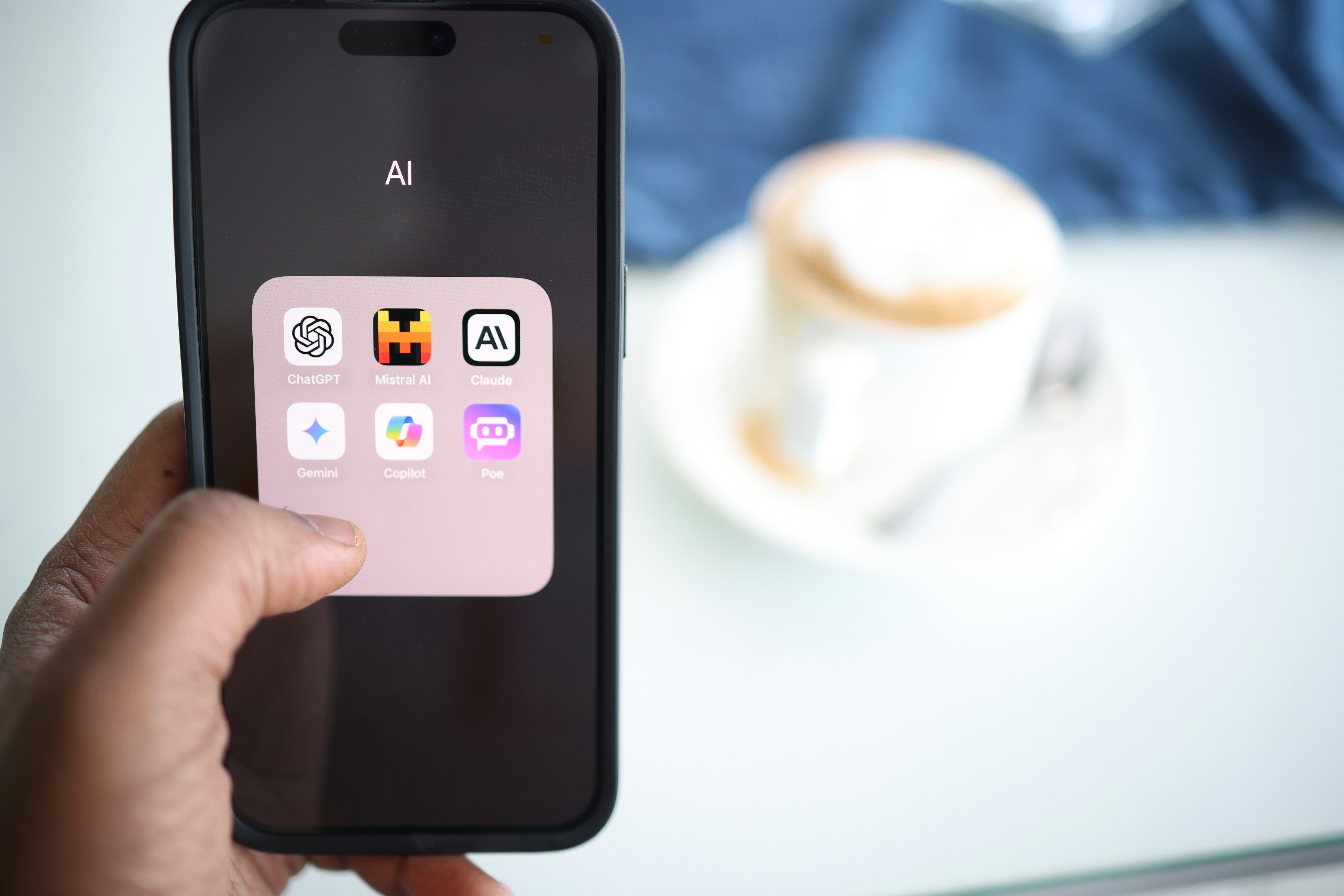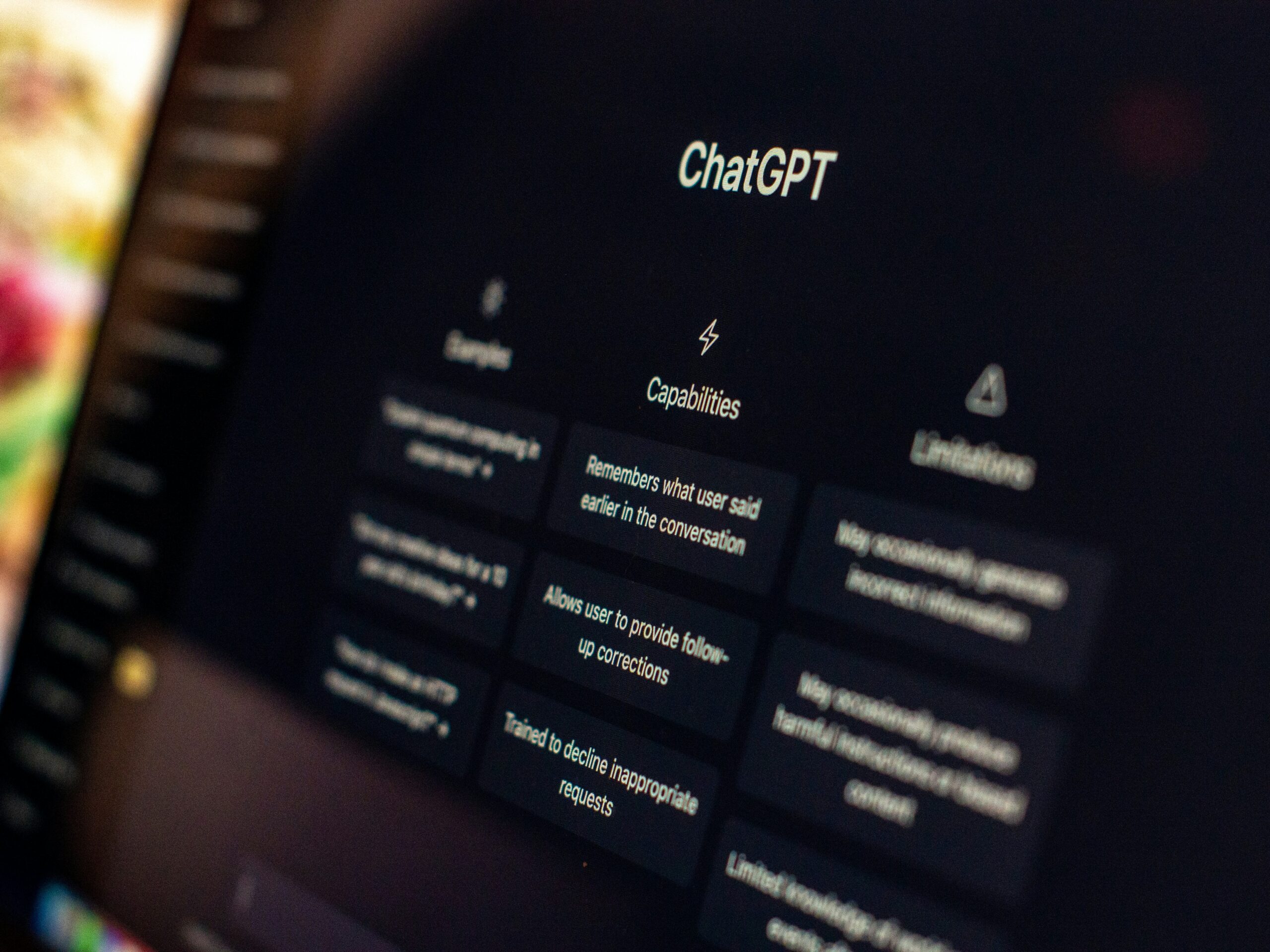
Leveraging AI in Digital Marketing: A Game-Changer for Businesses
If there’s one thing that remains consistent in digital marketing, it’s the speed at which things change. Technology defines the relationship most businesses have with their customers these days, and as we are all well aware, digital tech certainly doesn’t stand still.
As an endless stream of new channels, customer touchpoints, devices and gadgets emerge to create a kaleidoscope of options for people searching, shopping, browsing and buying, digital marketers find themselves under significant pressure to keep up. Digital strategies these days have to cover more ground than ever, stretching available resources across owned websites and apps, social media, search, marketplaces and more, while having the agility to pivot on cue to the next big trend.
It’s no wonder, then, that technological innovation is right at the heart of conversations in digital marketing these days. Or that AI features prominently in such conversations. Certainly, since the launch of ChatGPT and the arrival of Generative AI, there’s little doubt that AI has become one of the most talked about topics in digital marketing.
Putting that buzz into numbers, a Mailchimp survey last year found that 88% of marketers now believe AI is critical to keeping up with customer expectations and staying competitive. According to Influencer Marketing Hub, 71% of marketers believe AI can outperform humans across a range of core marketing tasks.
In that context, more than two-thirds of marketers in the UK say they have already started using AI, and another quarter want to try it out. But where exactly can AI have the biggest impact? Here’s our view as a specialist digital marketing company on where AI will have the biggest impact going forward.
Content Creation
It’s only been two years since ChatGPT and Generative AI burst onto the scenes. But with a host of other text-to-X creation tools quickly following, including the likes of Open AI’s Dall-E, Google Bard/Gemini and Microsoft Copilot, 44% of marketers say they have already used AI for content production.
Anyone who has used ChatGPT can understand the excitement. Sure, the early claims that blog and report writing, if not entire content production strategies, could be automated away using Gen AI have proven a little far-fetched for now at least.
It’s debatable whether we’d ever want to remove humans from content creation completely anyway, especially at a larger scale. Large Language Models (LLMs), the AI ‘brains’ Gen AI is built on, are brilliant at repeating recognised patterns from examples. But like all data-based systems, it’s all based on probability. It’s not very ‘creative’ in the way we understand creativity.
What LLMs and Gen AI tools are very good at, however, is taking on predictable, repetitive, high-volume, short-format copywriting tasks, saving marketers vast amounts of time. Gen AI is being widely deployed to scale product descriptions across different channels, and Gartner has forecast that by next year, 30% of outgoing marketing messages from big businesses will be AI-generated.
For longer-form content, Gen AI might not be ready to write professional-quality copy off the bat. But it can help streamline and speed up the process. There are now numerous SaaS products available that use Gen AI to help with planning, research, copy editing and more.
Gen AI is by no means limited to text-based content creation, either. Brands ranging from Nike to Martini to Coca-Cola have already set the pace with high-profile campaigns built around AI-generated images.
AI-Powered Chatbots
LLMs aren’t the only type of AI that is built to harness and replicate human language. Natural Language Processing (NLP) algorithms can interpret both spoken and written language, and then respond in kind. It’s this type of AI that is driving the latest generation of AI-powered chatbots.
Whether it’s the text chat support widgets you find on many websites these days or smart voice assistants like Alexa and Cortana, AI chatbots can handle much more complex queries than the previous generation of rule-based bots, and provide more nuanced answers.
They offer the same benefits in terms of being able to provide 24/7 assistance, for instance. But their higher sophistication means they can be put to a much broader range of uses across the sales and marketing spectrum, such as picking which leads to engage with based on their online behaviour, when and how to engage, lead ranking and qualification, personalised recommendations etc.
Personalisation
Personalisation has long been something of a Holy Grail in digital marketing. It already plays a far from insignificant role, from upsell and cross-sell suggestions made at checkout based on a combination of personal purchase history data and general shopping patterns, to the targeting of digital advertisements based on a person’s browsing history.
But there has equally long been a feeling that this level of personalisation is merely scratching around the edges of what is possible. How many times do ‘targeted’ digital ads or recommendations annoy rather than inspire, for example? Personalisation in its current form often feels incomplete and a little scattergun.
The underlying issue here is one of data. Marketers have long understood that the digital breadcrumb trails people leave across their digital lives are more than enough to build highly personalised, carefully curated experiences that treat people as individuals in very nuanced ways. The problem is, that there’s too much data to process and use in a coherent and meaningful way. Or at least, there’s too much if you don’t apply AI to the problem.
AI takes data analysis to new levels. AI algorithms and models can not only handle vast volumes of data, they can also work with many different types of data from many different sources at once – perfect for the highly diverse digital world we all now operate in. AI can therefore identify patterns and preferences down to a granular level much closer to that required for ‘true’ personalisation based on individual habits and needs, rather than the more generalised estimates that inform personalisation today.

Optimisation and Analytics
The power of AI’s data handling and processing capabilities mentioned above can be applied far beyond personalising the customer journey, of course. AI represents a major leap forward in data science and analytics in two respects in particular – namely, its ability to assimilate and use data in forms and from sources previously inaccessible to nn-AI algorithms (such as natural language), and the ability of many AI algorithms to ‘learn’ from the data they process and improve their outputs over time.
Combined with speed, scale and automation, these qualities are seeing AI transform campaign optimisation and performance analytics. Tools that continuously analyse data in real time and link this directly to outputs are ushering in a new era of dynamic optimisation in marketing.
In digital advertising, AI can automatically adjust bids and targeting settings to maximise value and get the right impressions in front of the right people at the right time. Combatting the complexity of today’s omnichannel marketing environment, marketing attribution tools can assess which channels suit particular campaigns best or offer better opportunities at different times, and adjust accordingly.
Content curation tools can keep you on top of the social media trends that will have the most impact with your audiences, and A/B testing can become open-ended and continuous, with AI handling version control, performance analysis comparisons, and putting the best versions into production.
AI’s grounding in data also means that solutions not necessarily designed for analytics can still be leveraged for optimisation. For example, LLMs are being widely used in SEO, as they can be trained to identify patterns in top-ranking web pages at a scale well beyond conventional tools. NLP can be used for so-called sentiment analysis to evaluate customers’ reactions on social media, or even in one-to-one conversations.
Conclusion: Looking to the Future, Grounded in the Now
The most exciting thing about AI from a marketing perspective is that we are only at the very beginning of the journey. The next phase of AI evolution has indeed already arrived, with platforms emerging that will soon be able to build and optimise websites and applications from scratch.
As exciting as all this is, the brave new world of AI-powered digital marketing can also feel chaotic and confusing. There’s a lot to get to grips with, a lot of experimentation to be done to find out what works. For any business, what ultimately matters is performance and outcomes, not the tech itself. AI’s value depends entirely on how it makes a difference to your business.
Key Element is unique in offering a full range of digital marketing services, which puts us in a great position to look at the big picture of how AI can be leveraged purposefully and successfully. Contact us today and get the conversation started on how AI can be a game-changer for your business.



